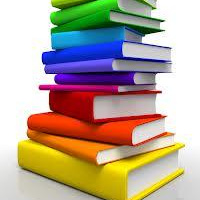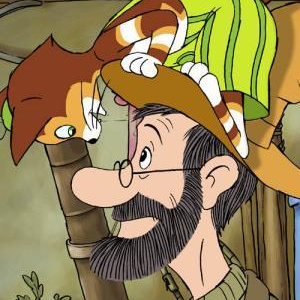Anbefalt lesing fra kurset i Masterpieces of World Literature på HarvardX (et gratis online kurs- anbefales).
Course Description
With sessions ranging from Gilgamesh and the Odyssey to Borges and Orhan Pamuk, this course explores how great writers refract their world and how their works are transformed when they intervene in the global cultural landscape. No national literature has ever grown up in isolation from the cultures around it; from the earliest periods, great works of literature have probed the tensions, conflicts, and connections among neighboring cultures and often more distant regions as well. Focusing particularly on works that take the experience of the wider world as their theme, this course will explore the varied artistic modes with which great writers have situated themselves in the world, helping us to understand the deep roots of today's intertwined global cultures.
- 1.

Written three and a half millennia ago, The Epic of Gilgamesh was forgotten for nearly two thousand years, until Austin Henry Layard and Hormuzd Rassam excavated the ancient Assyrian capital of Nineveh. There, the library of Ashurbanipal yielded the long-forgotten text, inscribed on clay tablets, the first known great masterpiece of world literature and itself a text about exploring the world.
- 2.

World literature has always rested on a foundation of classical works. Continuing the discussion from the previous week, this unit will take up Homer's The Odyssey in light of Heinrich Schliemann's excavations in Troy. Focusing on the episodes from the epic that emphasize intercultural contact, we read this text as a quintessential meditation on cultural dynamics and exploration.
- 3.
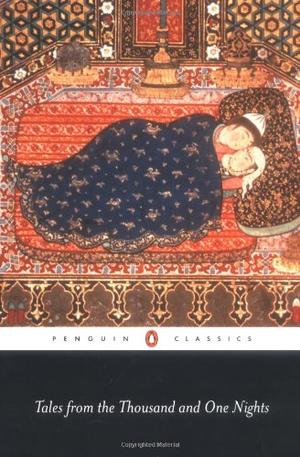
This work long circulated within the Middle East as popular entertainment and then took a crucial detour into France, where many of its most famous tales first appeared in the translation by Antoine Galland in the early eighteenth century. Scheherazade's tales of transformation and magic, travel, and adventure have themselves changed shape as they have circulated abroad in translation, from Galland to Sir Richard Burton to Husain Haddawy in the present.
- 4.
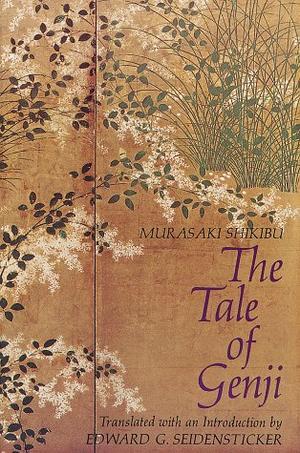
A masterpiece of classical Japanese literature, the Genji monogatari was written around the year 1000 by Murasaki Shikibu, a woman deeply learned in the Chinese tradition usually mastered only by men. Drawing on a wealth of Chinese and Japanese poetry and on her keen observations of the surrounding courtly life, Murasaki revolutionized the vernacular Japanese romance tradition of her day.
- 5.
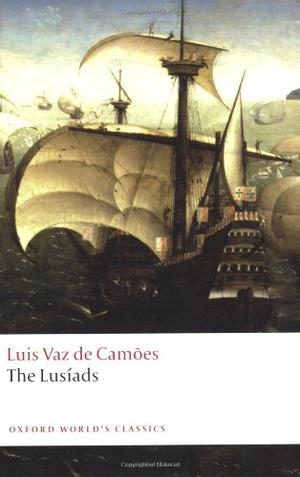
All of the major qualities of Renaissance culture come together in Luis Vaz de Camões' epic poem The Lusiads (1572), a work that almost single-handedly transformed vernacular Portuguese into a literary language. Camões rewrites Homer's Odyssey as the modern tale of his ancestor Vasco da Gama's voyage of discovery seventy-five years earlier around the tip of Africa and across the Indian Ocean to south India. Mythic grandeur coexists with modern realism as Camões strives to present Portugal not in the margins of Europe, but as the center of the newly evolving world system of trade, conquest, and cultural exchange.
- 6.

Voltaire's sparkling satire ranges widely, from Europe to South America, before ending in Constantinople, where Candide determines to cultivate his own garden at the crossroads of East and West. We'll look particularly at the ways in which Voltaire uses non-European cultures to provide a vantage point for social critique, and the ways he deploys satire, in contrast to his earlier essays and poetry.
- 7.
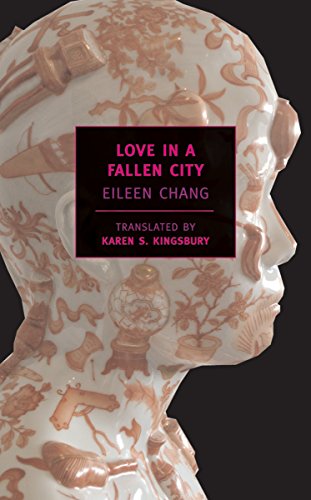
The former medical student Lu Xun became a crucial figure in the Chinese literary tradition by connecting China to its larger and rapidly modernizing neighbors Russia and Japan through his work as a translator and writer. His short stories set the tone and agenda for much of China's "New Culture" movement and have made him a major figure in modern world literature. A generation later, the innovative Shanghai-based Eileen Chang carried through the project of writing a new vernacular literature for a China in transition, capturing the intertwined ambiguities of national and sexual politics alike.
The advised readings include the full text of Lu Xun's "Diary of a Madman" and Eileen Chang's "Sealed Off." The course team recommends the English translation of Lu Xun's work by William A. Lyell. You can find a public domain English translation of "Diary of a Madman" here, and in the original Chinese at Project Gutenberg. You can find Chang's "Sealed Off" in English translation in Love in a Fallen City, but the text is also published online with permission of New York Review Books, here.
- 8.

This week takes up one of the most remarkable of all modern writers, the Argentine Jorge Luis Borges, whose haunting, enigmatic tales blend Latin American localism and universalism, often through philosophical parables, pseudo-commentaries, and detective stories.
- 9.
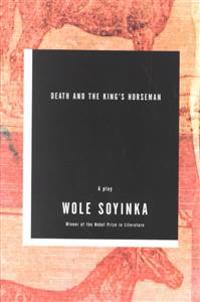
The imperial trade brought new cultural resources to writers engaged in the anti-colonial struggle against the British and other European empires. This week takes up the Nobel Prize-winning Wole Soyinka, whose great drama centrally treats the cultural, religious, and political tensions of the late colonial and early postcolonial periods.
- 10.
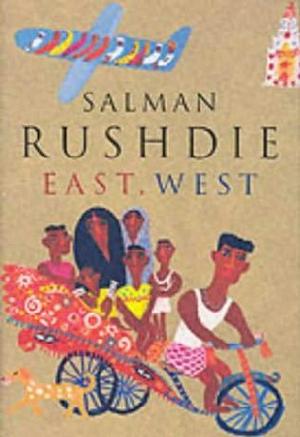
We look at selected stories by two mesmerizing writers who deal with cross-cultural encounters in a global age. In different ways, the Booker Prize-winning Salman Rushdie and the Pulitzer Prize-winning Jhumpa Lahiri use global English as a stylistic medium and a cultural-political vantage point to probe questions of personal identity and belonging in a world of global conflict and creative exchange.
- 11.

We look at selected stories by two mesmerizing writers who deal with cross-cultural encounters in a global age. In different ways, the Booker Prize-winning Salman Rushdie and the Pulitzer Prize-winning Jhumpa Lahiri use global English as a stylistic medium and a cultural-political vantage point to probe questions of personal identity and belonging in a world of global conflict and creative exchange.
- 12.

This week centers on the best-known novel by one of the most popular contemporary world authors, Orhan Pamuk, who in 2006 became the second-youngest winner of the Nobel Prize in literature – a remarkable achievement for a writer from a peripheral country writing in a non-European language. Pamuk is also a probing, reflective essayist, who has written extensively on the issues of cultural identity in a society straddling "East" and "West."
2 kommentarer



















